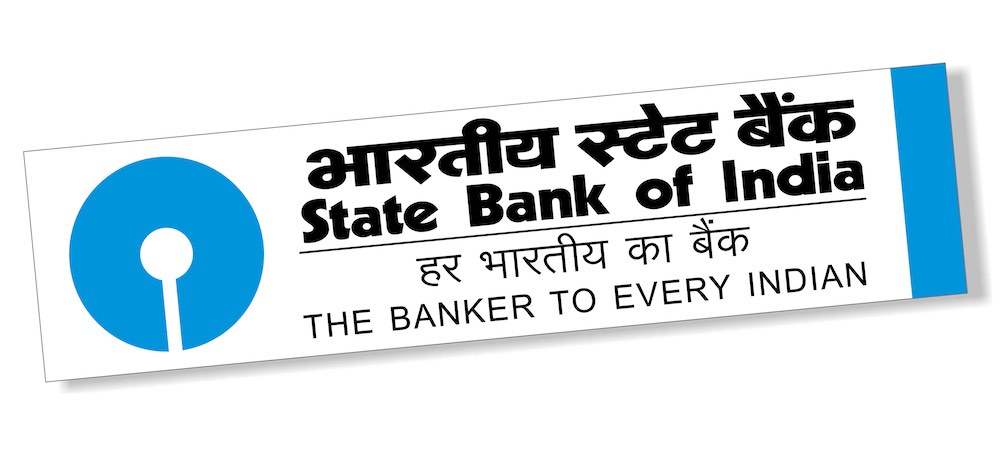Another Bank Fraud Exposed; Jeweller Defrauds 14 Banks Of Rs 800 Crores!
A consortium of 14 banks, led by India’s largest public sector bank, SBI, had filed a complaint with CBI against the Chennai-based jeweller.

It was only around a month ago when the news of Nirav Modi scamming PNB broke. It was neither the first banking scandal and neither would it be the last one. But the enormity of the amount defrauded was staggering in its scale. Owing to that scandal, the Indian banking industry is going through one of its worst phases ever and the situation doesn’t seem to be improving.
The Central Bureau of Investigation (CBI) has exposed yet another bank fraud worth Rs 824.15 crores against the Chennai-based jewellery chain Kanishk Gold Pvt Ltd. CBI carried out searches at properties of the owners in Tamil Nadu after State Bank of India (SBI) filed a complaint against Kanishk Gold of cheating 14 banks to the tune of Rs 824 crores.
Contents [hide]
The Kanishk Gold Bank Fraud Case
The Kanishk fraud case was unearthed even before the PNB scam. A consortium of 14 banks, led by India’s largest public sector bank, SBI, had filed a complaint with CBI against the Chennai-based jeweller.
Back in January, SBI had asked the agency to investigate and carry out searches at the properties of jewellery chain Kanishk Gold Pvt Ltd for a loan fraud amounting to Rs 824 crores. The defaulter borrowed money from the banks by inflating inventory and taking loans against the same asset multiple times.
The Timeline – How It All Unfolded?
SBI was the first of the 14 banks to declare Kanishk Gold fraudulent in the last quarter of 2017.
2007
Kanishk Gold first took a loan from SBI in 2007. Their credit limit and working capital kept on increasing over time.
2008
SBI took over the loans worth Rs 50 crores in working capital loan and Rs 10 crores in term loans from the ICICI Bank.
2011
The loans were converted into multiple banking arrangements with Punjab National Bank and Bank of India.
2012
The consortium, led by SBI, sanctioned a grant of a Metal Gold Loan (MGL) to the company, which allowed the jeweller to purchase gold in the form of bullion from nominated banks.
March 2017
According to SBI, Kanishk Gold first defaulted in March 2017 in the payment of interest, to as many as eight banks.
April 2017
By the end of April 2017, the jeweller stopped paying interest to all the 14 banks. The bankers were unable to contact Kanishk Gold when they initiated a stock audit in early April.
May 2017
The bank officials visited the office, factory, showroom and other properties of Kanishk Gold, but found them shut. In the same month, the owner Bhoopesh Jain wrote a letter to the banks admitting to submission of false records and removing stocks secured as collateral to the banks.
November 2017
SBI declared Kanishk Gold as fraudulent to the RBI, being the first among the fourteen banks to do so.
January 2018
Following SBI, all other banks declared the jeweller’s account as fraudulent.
March 2018
CBI takes up the case against Kanishk Gold Pvt Ltd and the investigation starts.
Repeated Loans Against The Same Asset
The jeweller took multiple loans from the banks by inflating their inventory and took out loans against the same asset more than one time. The borrower took the loans and then diverted them elsewhere. Apparently, the jeweller had no intention of returning the loans and that’s when the banks realized that these loans had become non-performing assets.
Kanishk Gold has a registered office in T. Nagar in Chennai owned by promoters and directors Bhoopesh Kumar Jain and his wife Neeta Jain.
The CBI Is Now Investigating
According to the CBI, the Kanishk Gold manufactured gold jewellery which was later marketed and sold to other retail jewellers. The company was getting credit facilities from these 14 banks led by SBI. Kanishk Gold had a sanctioned working capital facility of Rs 747 crores. Additionally, Kanishk Gold had also availed certain term loans from SBI.
The agency added that the company has admitted to the falsification of records and removal of the properties which were secured to the lenders, with anomalies in the financial statements.
The Rs 1,000 Crore Loss
The principle itself is around Rs 824 crores, but along with the interest, it would indicate a total loss of more than Rs 1,000 crore to all the banks involved.
- State Bank of India – Rs 215 crore
- Punjab National Bank – Rs 115 crore
- Union Bank of India – Rs 50 crore
- Syndicate Bank – Rs 50 crore
- Bank of India – Rs 45 crore
- IDBI Bank – Rs 45 crore
- UCO Bank – Rs 40 crore
- Tamilnad Mercantile Bank – Rs 37 crore
- Andhra Bank – Rs 30 crore
- Bank of Baroda – Rs 30 crore
- HDFC Bank – Rs 25 crore
- ICICI Bank – Rs 25 crore
- Central Bank of India – Rs 20 crore
- Corporation Bank – Rs 20 crore
Kashink Gold is the latest addition to the list of bank frauds. The year started with the PNB scam worth Rs 11,000 crores, which later grew to Rs 14,000 crores. Recently, the Economic Offences Wing of Mumbai police also arrested three directors of a private firm allegedly defrauding banks of Rs. 4,000 crore.
